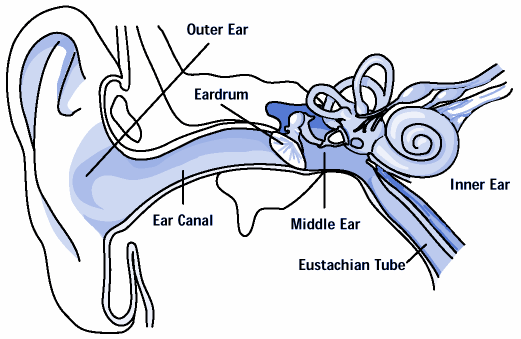Here are a few tidbits I have come across recently and not so recently; most in person and a few in writing:
You arts people think that all principals have to do all day is think about arts education.
School District Official
Do you really, in your heart of hearts, believe that any other subject other than the arts should be taught?
School District Official
I would rather kids have nothing than have arts education of low quality.
School District Administrator
Children are transformed by simply walking into ____________ (performance venue–you can fill in the blank).
Famous Artist and Board Member of Unsaid Institution
We are proud to have served the millionth child.
Performing Arts Organization Promotional Materials
The integration of the arts cannot be done at the high school level.
School District Administrator
I am only really interested in a broad arts education that is integrated across the curriculum.
Principal
The integration of the arts has no quality and no sequence and cannot be accounted for.
Professor of Education
When is the arts program going to include us?
A non-arts subject area teacher in middle school.
We like arts because there are no wrong answers.
School Principal
We do not like the arts because there are no wrong answers.
CEO
Parents are the key to arts education.
Foundation Staff Member
Parents are a waste of time.
The very same Foundation Staff Member
Parents in low income areas don’t care about the arts.
Arts Education Consultant
Parents in low income schools understand that the arts are part of a well-rounded education.
Grass Roots Organizer.
Low performing students shouldn’t be required to have the arts.
School District Official
Music Saves Lives.
Arts Advocate
There would be no arts education without cultural organizations.
Arts Administrator
There is no arts education in our schools.
Elected Official
This year is going to be another great year for arts education.
City Official (in the same school district as the elected official)
I had no arts in elementary school.
Middle School Student
95 percent of Elementary Schools have an arts teacher.
School District Official
We must do something about ensuring that artists entering schools have basic training.
Director of Arts Education/Cultural Organization
After all the training artists have already received, why should we have to receive additional training? We’re not teachers; we’re artists.
Teaching Artist
Oh, I saw you complaining, er, I mean advocating for something or other in the press the other day.
Former School District Official (and friend)
Okay, that’s my blog for today…consider this part one of a recurring motif…and yes, I promise, they are all for real, none have been invented.





“Your museum has enormous potential. And always will.”
(from administrator making funding decisions about said institution)
“YOUR MUSEUM HAS ENORMOUS POTENTIAL…”
The importance of arts, especially visual arts, in a balanced education is beyond dispute. There is plenty of evidence from cognitive neuroscience that our brain development depends on visual stimulation.
More than 50% of the cerebral cortex is
involved in the processing of signals from the eyes. (According an article in MIT’s CogNet – in the Macaque monkey – but we are close cousins and likely the same).
The Things That are Heard above are largely from school administrators. This is understandable because it is coming from the top down: Harvard and MIT. For example, Marjorie Garber, director of the Carpenter Center for the Visual Arts at Harvard, asserted that art at universities is what business calls a ‘loss leader’ because the major donors give to mostly science laboratories.
See article Link:
http://www.boston.com/bostonglobe/ideas/articles/2008/10/05/higher_art?mode=PF
For an initiative that is coming from an art institution, it is very exciting to follow the very aggressive approach that has been coming from the Tate Gallery in London. Since 2006, it has received major grants and embarked on special programs in partnership with schools and universities in the teaching of visual literacy. Its 3-year experiment with students from underprivileged areas around London will be monitored and results in student performance reported. Its scholarly research in partnership with universities includes The Sublime Object: Nature, Art and Language. The concept of the sublime is examined through philosophy, literature, theology, music, film and science.
See Link: http://www.tate.org.uk/research/tateresearch/majorprojects/sublimeobject.htm
The museum is a natural place to initiate teaching in art because of its rich resource of visual material and literacy. We may call this horizontal learning vs hierarchical learning in our school and university systems.